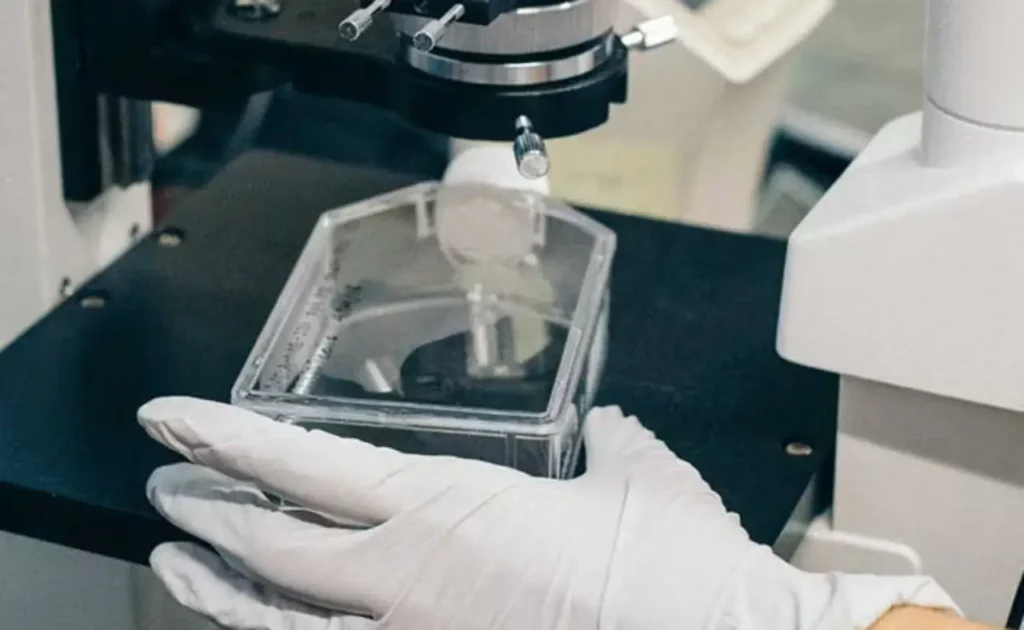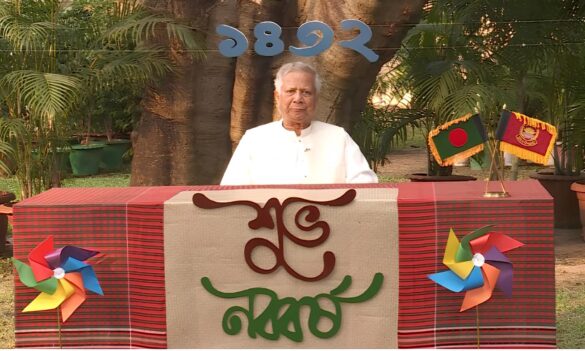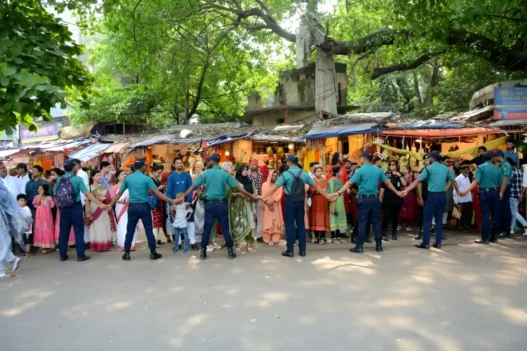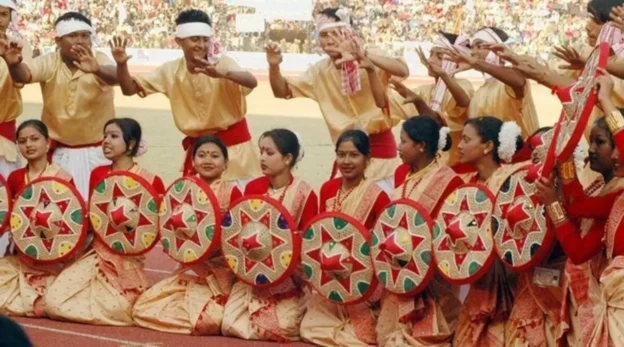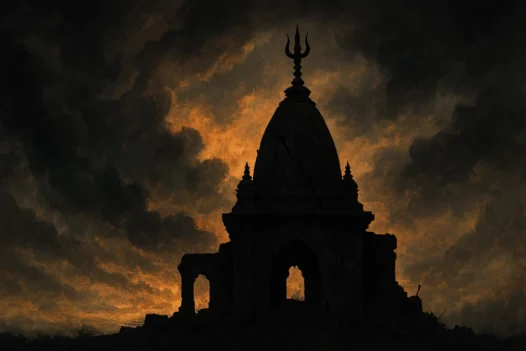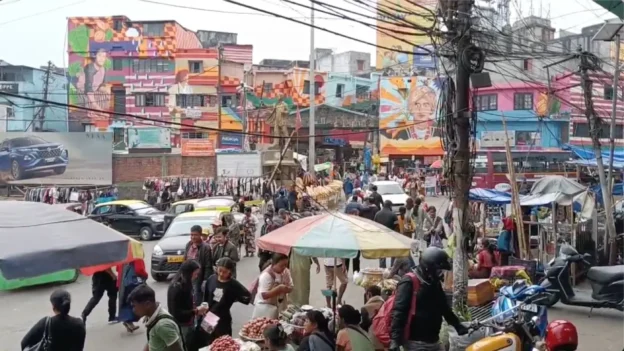All eyes are now on the forensic report that the Centre is expected to submit before the Supreme Court in a sealed cover, as questions over former Manipur Chief Minister N. Biren Singh’s alleged role in the State’s ethnic violence continue to mount.
On Thursday, the Union government informed the apex court that the report, prepared by the Central Forensic Science Laboratory (CFSL), was ready and would soon be handed over in a sealed envelope. The submission was made before a Bench led by Chief Justice of India (CJI) Sanjiv Khanna, which is hearing a petition filed by the Kuki Organisation for Human Rights Trust (KOHUR).
The Centre also sought a brief adjournment, citing the unavailability of Solicitor General Tushar Mehta, who is expected to formally present the CFSL report. The court has now deferred further hearings to the week starting May 5.
KOHUR, represented by senior advocate Prashant Bhushan, has called for a court-monitored special investigation into the former CM’s alleged complicity in the ethnic clashes that erupted in May 2023. According to Bhushan, leaked audio recordings suggest that Singh was not only aware of the violence but was encouraging Meitei groups to loot state armouries. During proceedings, Bhushan presented what he described as “disturbing conversations” in the audio, suggesting Singh’s active role in instigating and protecting participants of the violence.
The ethnic unrest, which began nearly a year ago following a ‘Tribal Solidarity March’ in the hill districts protesting a Manipur High Court order on ST status for the Meiteis, has left over 260 people dead and thousands displaced. The violence drew national concern over alleged complicity of the state machinery, particularly under Singh’s leadership. Singh resigned as Chief Minister on February 9 amid growing dissent within the BJP’s State unit and increasing demands for a change in leadership.
In a surprising revelation, Bhushan cited a “truth lab” analysis, which reportedly confirmed with 93% certainty that the voice in the recordings was Singh’s, asserting that these findings were more reliable than traditional forensic science lab reports. This statement was contested by the Solicitor General, Tushar Mehta, who questioned the impartiality of the petitioner. The solicitor general said the petitioner had “ideological inclinations” and there was a report by a committee of three high court judges which stated that there were efforts to keep the “pot boiling”.
While agreeing to adjourn the matter, the CJI observed, “The State is slowly limping back to normalcy. We will put the matter on hold for now,” adding that the court would later decide whether the Supreme Court or the High Court should hear the case.
Solicitor General Mehta concurred with the court’s approach, but also suggested that the petitioner could pursue the matter under Article 226 of the Constitution in the jurisdictional High Court.
KOHUR’s plea alleges that the leaked conversations point to a “centrally orchestrated campaign” of violence against the Kuki-Zo communities and demand a special investigation into the “involvement of the highest functionary of the State.” The petition maintains that there is enough prima facie material to warrant a deeper probe.

